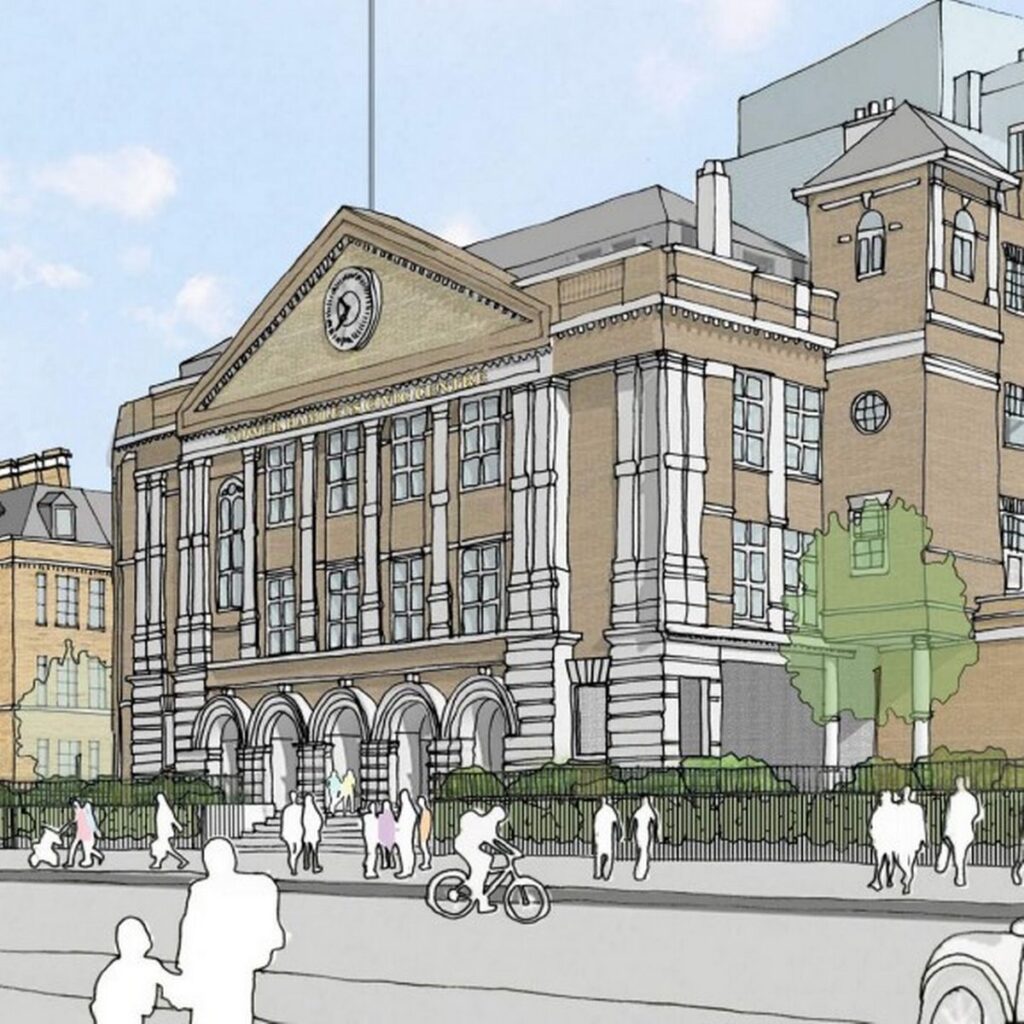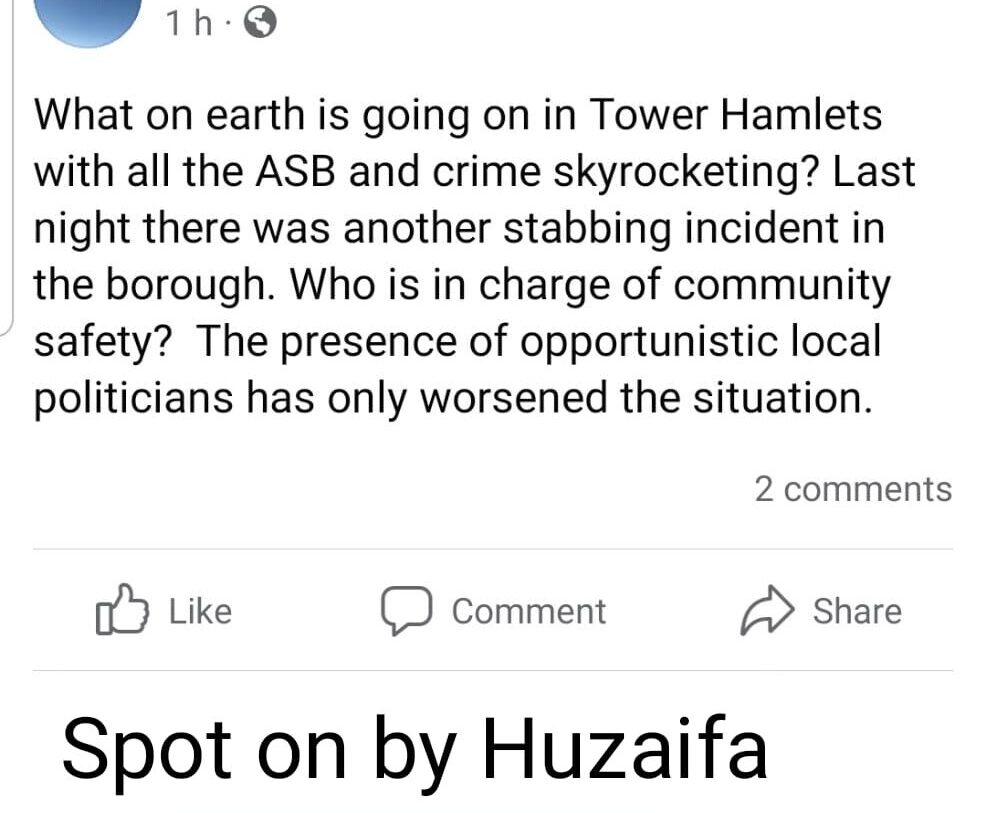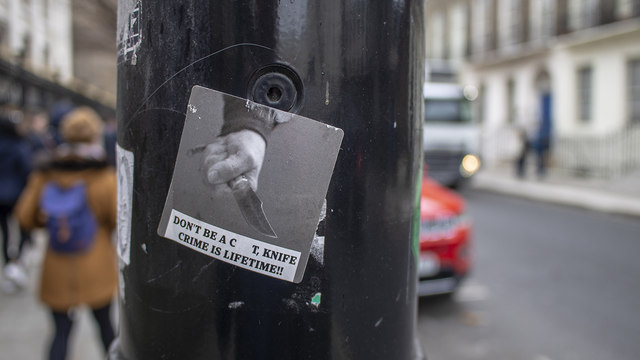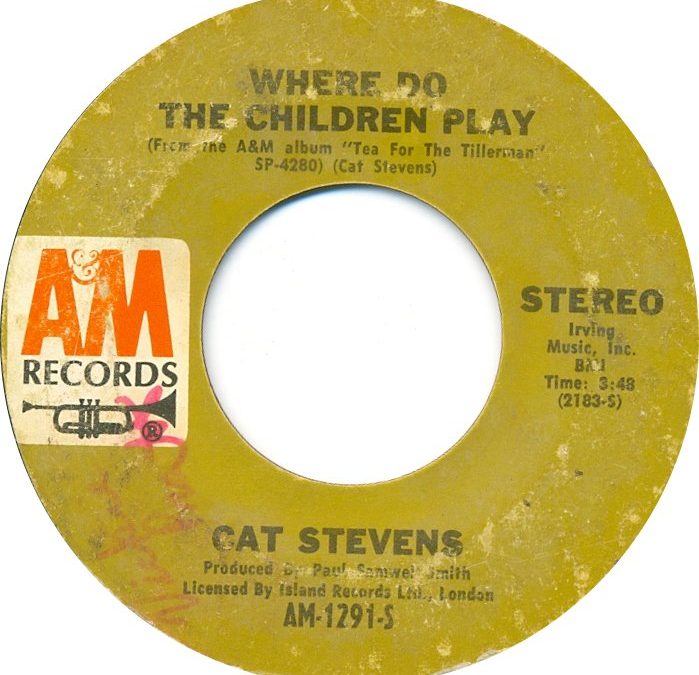Following the recent announcement of Tower Hamlets Council of the expansion of the youth service. An explainer of the context, the social costs of not having a fully funded service and what lessons can we learn.
Tower Hamlets Council Youth Services: Days of Future Past

“Well, you’ve cracked the sky
Cat Stevens – ‘Where Do The Children Play?’
Scrapers fill the air
But will you keep on building higher
‘Til there’s no more room up there?”
On the 26th of February 2020, as part of a coalition of stakeholders, worked tirelessly to prevent proposed cuts to Tower Hamlets Council’s Youth Service. We did this by making a series of presentations to the Mayor and his cabinet at the Town Hall. The diverse group included young people, youth workers, the voluntary sector, and trade unions, all of whom recognized the vital role that the service played in a young borough like Tower Hamlets.
During a presentation to the cabinet, I demonstrated that the financials provided by the officers were incorrect, making it clear that the decision to cut funding for the service should not go ahead. With the aid of Babu Bhattacherjee from Poplar HARCA, I made the case that the contract amounts were insufficient, therefore designed to fail in providing an adequate service.
John McLoughlin, a representative from the Tower Hamlets Unison Trade Union Branch, in addition to a private briefing to me, presented a compelling case regarding the restrictions placed on the in-house service by the local leadership. These constraints, such as the lack of out-of-hours provisions, created an environment in which the service was destined to fail. According to McLoughlin, this was a calculated move to pave the way for outsourcing.
Fortunately, after much deliberation, we were able to secure a conditional pause from the Mayor. This left us with a sense of vindication, knowing that our efforts to challenge the status quo and advocate for the in-house service were not in vain.
However, our sense of accomplishment was short-lived. In the midst of the Covid-19 pandemic, an announcement was made that the proposed cuts and outsourcing would proceed without explanation or means of scrutiny or representation. This was compounded by a petition filed by a former youth worker, in her presentation to full council she accused the Deputy Mayor of allegedly distributing outsourcing contracts for youth service provisions to her husband, another Tower Hamlets Councillor. It was a bewildering moment, reminiscent of a Perry Mason episode.
But this was not the end of the episode.
In May 2022 there was a change in political leadership at Tower Hamlets Council. Then on April 27th, Tower Hamlets Council announced a £13.7 million in-house expansion of the youth service, featuring a youth club in every ward. This wasn’t just an expansion of personnel and services; it was also an expansion of places.
However, this welcome development has sparked conversations on social media about the rise of antisocial behaviour and crime in Tower Hamlets. In response, I have been citing studies conducted in London that demonstrate a correlation between a reduction in youth services and a rise in knife crime. It’s worth noting that there is a time lag in cause and effect, so it may take some time to reverse the trend.
With these developments, one question remains unanswered: why was the previous Labour administration so intent on outsourcing and contracting youth services in Tower Hamlets?

Blinded by Ideology?

“Well, you roll on roads
Cat Stevens – ‘Where Do The Children Play?’
Over fresh green grass”
Was it ideology or circumstance that led to the outsourcing and privatization of public services?
Since 2010, local governments in the UK have experienced significant cuts in central government funding, with reductions of nearly 50% being the norm. These cuts have pushed the services they provide to the brink of collapse, leaving the financialized model of outsourcing and privatization in a precarious state. As a result, councils throughout the UK have been forced to privatize an array of services, from social care to children’s services and homelessness provision.
But Tower Hamlets is not an ordinary council. It benefits from the high business rates generated in the area, and the central government funding formula based on census data, as exemplified by the high child poverty rates. With an increase in income over the years with funding review on hold. The evidence points to ideology.
The leadership of the then council may have been guided by theory rather than reality, particularly the New Public Management Theory, which advocates for local government to become business-like and reduce its services to dolling out contracts to private providers.
However, the quest for better services with fewer resources has had unforeseen consequences. Offloading costs onto others has been a common strategy to achieve profitability for contractors while offloading the costs to society at large. The result has been a worsening quality of service, with workers previously employed by the local authority being re-employed on reduced wages and under worse conditions.
The social cost of these practices has been considerable, with society bearing the burden of reduced service quality and an increasingly impoverished workforce. Ultimately, in answer to the previous question: After a series of contraction and reorganisation, It was an ideology not circumstance that led to the outsourcing, contraction and privatization of youth services by the previous Labour administration at Tower Hamlets Council.
What is this social cost?
Social Cost of Defunding Our Youth

“Will you make us laugh?
Cat Stevens – ‘Where Do The Children Play?’
Will you make us cry?
Will you tell us when to live?
Will you tell us when to die?”
Countless case studies have demonstrated that users of outsourced public services and infrastructure continue to endure substandard facilities, inflated operating costs, and difficulties with getting repairs done. The supposed “efficiencies” that are touted as benefits are only viewed as such because the real costs, such as chronic underinvestment in infrastructure, collapsing wages, short-term and zero-hour contracts, and longer waiting times, are not included in the quoted price. Instead, these negative externalities reappear as costs borne by wider society.
One can witness these costs of an outsourced underfunded Youth Service on a daily basis at Thames Magistrates, the custody court for Bethnal Green Police Station. Here, the names, postcodes, and dates of birth of young people in Tower Hamlets are displayed, as well as at the publicly restricted Youth Court at Stratford Magistrates.
During my tenure as a councillor, I had the opportunity to speak with probation officers and the youth offending teams (YOT) at these courts. I asked them if they had observed any patterns. They shared with me that many of the offenders lacked a basic understanding of cause and effect or had not developed the social skills necessary to interact with others. Many struggled to differentiate between nationality and race, despite being born and educated in Tower Hamlets. Instead of declaring their citizenship as British, they would identify as White or Bangladeshi. These are issues related to thinking, relationship building, and identity that could have been addressed through a functioning youth or education service. Unfortunately, they are now being addressed by the Probation Service, after obtaining a criminal record, through their ‘Better Thinking Skills’ or ‘Better Building Relationships’ courses.
The costs of these shortcomings are also evident in the rising statistics of knife crimes. During my tenure as a councillor, Mile End ward had the devastating statistic of one knife crime murder per year. This was only avoided in the final year of my term through proactive first-aid training and the distribution of bleed kits to local shops. This allowed the shopkeepers to save the life of a stabbed victim on Hamlet’s Way, E3.
These examples demonstrate the very real costs of underinvestment in our Youth Service and the ways in which these costs are passed onto wider society. It is clear that addressing these issues requires a collective effort from stakeholders and residents alike, as well as the Council.
Lessons To Be Learnt

“But they just go on and on
Cat Stevens – ‘Where Do The Children Play?‘
And it seems that you can’t get off”
The experience that has haunted me the most from my time as a councillor was the handling of knife crime in our ward. It constantly nagged at me whether better public policy and Youth Services could have prevented these deaths.
As a former Labour Councillor, I feel that there needs to be collective reflection and responsibility for the failures of the 2018-2022 period. It is not enough to simply blame individuals and feign ignorance. Even though I never held a position in the Executive Team and refused to take extra allowance, I still bear some collective responsibility for the failures of the local party and council. When asked if I intended to stand again at a Labour Party forum, I declined, citing the collective failure of the previous administration as my reason.
Despite the accusations that the Youth Service was gutted based on the racist trope that all Youth Workers were supporters of Lutfur Ramans, I cannot fully rebut them. The consequences of wasted lives in the criminal justice system, as well as victims of crimes, both alive and dead, weigh heavily on my conscience. It is a thought that does not allow me to rest easy, as those of us who were part of the 2018-2022 administration, whether we like it or not, morally and collectively, may have blood on our hands.
“I know we’ve come a long way
Cat Stevens – ‘Where Do The Children Play?‘
We’re changing day to day
But tell me, where do the children play?”


Recent Comments